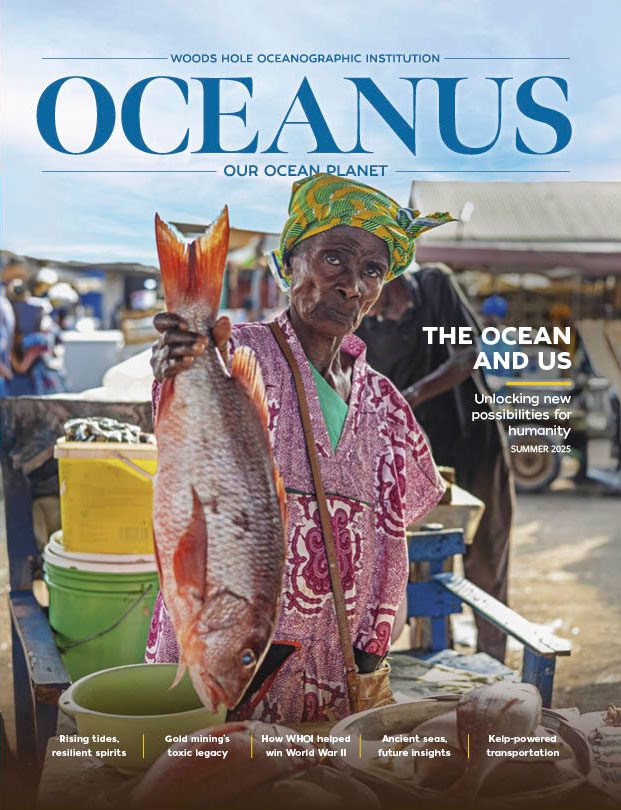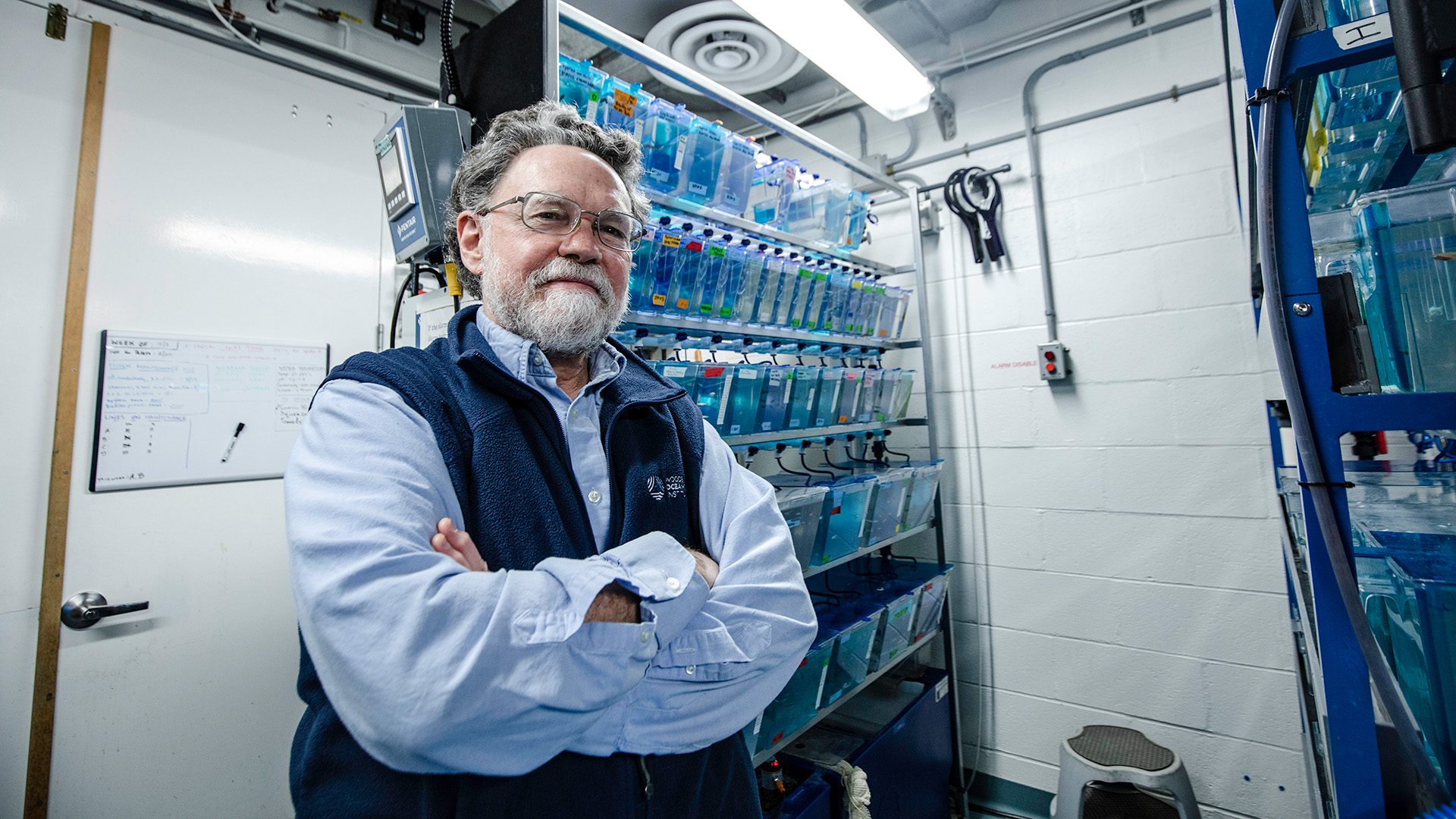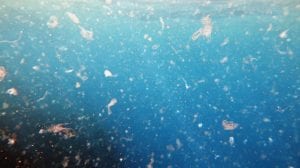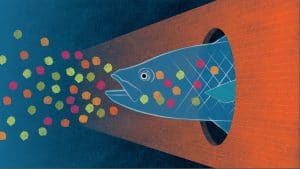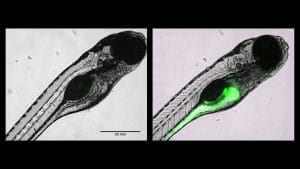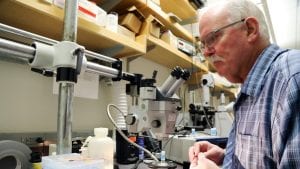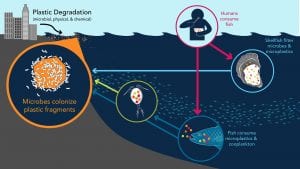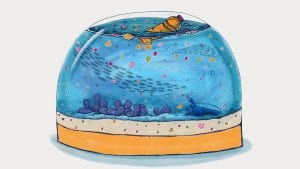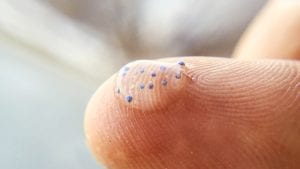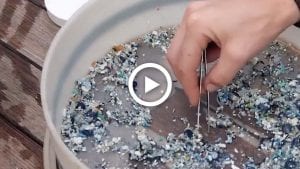Marine Microplastics
How is human health impacted by marine plastics?
WHOI biologist Mark Hahn discusses a recent global plastics study
WHOI establishes new fund to accelerate microplastics innovation
With the backing of a handful of family foundations, WHOI is launching a Marine Microplastics…
Microplastics in the Ocean – Separating Fact from Fiction
WHOI scientists weigh in on the state of marine microplastics science.
Particles on the Move
An MIT-WHOI Joint Program student investigates what happens to nanoplastics once they're ingested by fish.
Do Microplastics in the Ocean Affect Scallops?
WHOI scientist Scott Gallager is making field observations and conducting lab experiments to explore the…
Junk Food
An estimated eight million tons of plastics enter our oceans each year, yet only one…
Tracking a Snow Globe of Microplastics
Millions of tons of plastics end up in the global ocean each year, but where…
Sweat the Small Stuff
microplastics
From Macroplastic to Microplastic
An estimated eight million tons of plastics enter our oceans each year, yet only one…
